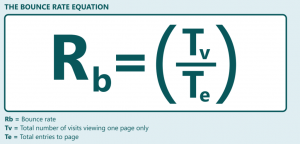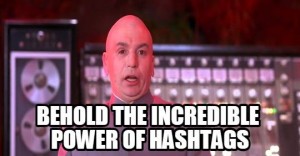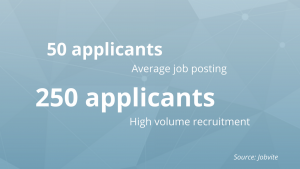by George Simpson, Featured Contributor, October 6, 2016
Apparently IBM experimented with Watson, its cognitive computing platform, to see if it could help Big Blue better manage its approximately $53 million online ad buys. Turns out the Big Blue Box reduced the company’s average cost per click by 35%, and by as much as 71%.
So, IBM will hand over all of its programmatic campaigns to Watson by the end of this year. Meanwhile, Salesforce is touting its own “Einstein,” which “enables any company to deliver smarter, personalized and more predictive customer experiences.”
Robot job apocalypse upon us? The stock exchanges used to be packed like the subway at rush hour. No more. Assembly lines at most manufacturing plants have as many robots on them as people.
Nearly every ad-tech platform now promotes that it has some “predictive” powers based on machine learning at a minimum, and artificial intelligence at best (although often a profound misuse of the term). This is supposed to take the guesswork out of digital advertising and make it more efficient. That most of it is now spent inside the walled gardens of Facebook and, to a lesser extent, Google — both which are hesitant to disclose where, what, who, when, and how — puts the guesswork back into digital advertising. But that is another column for another day.
It is always amusing to hear folks claim that what THEY do is special and could never be automated, that human judgment is a critical part of their jobs. The problem is that human judgment is often the weak link, subject to mistakes and compromises — or, as with Donald Trump, just plain stupidity.
Even high-touch professions like medicine can be improved by machines. Would you rather get a diagnosis from an MD who went to medical school 30 years ago, openly take bribes (however modest) from pharma companies and is mesmerized by his/her own assumption of knowledge/experience — or from a memory bank that has recorded similar symptoms from 26 million others and thinks to run through every possibility, including rarely seen tropical diseases, just to eliminate them? The latter won’t ask how your kids are or how your last round of golf went, but also won’t ever be wrong.
Similarly, we soon will have machines that will have seen every ad ever produced and stats on how each performed, and will be able to provide guidance on elements that will make a new ad more successful. If it is true A.I., it should also be able to come up with an entirely new idea that won’t have occurred to the creative department.
Does that mean every machine-produced creative will successfully move product or will sneak into the cultural lexicon like “Where’s the beef?” or “What’s up?” Probably not, but it’s a safe bet that it will be an improvement over how ads are produced now.
It’s an old saw that if you put enough monkeys in front of enough typewriters (now keyboards), that one of them will produce Shakespeare. Or that, given the vastness of space, if you visit enough inhabited planets, sooner or later you will find an exact replica of yourself living in another galaxy.
As the data gets bigger and better and the machines learn better and faster than we can, the outcome seems inevitable to me.
MediaPost.com: Search Marketing Daily
(57)






